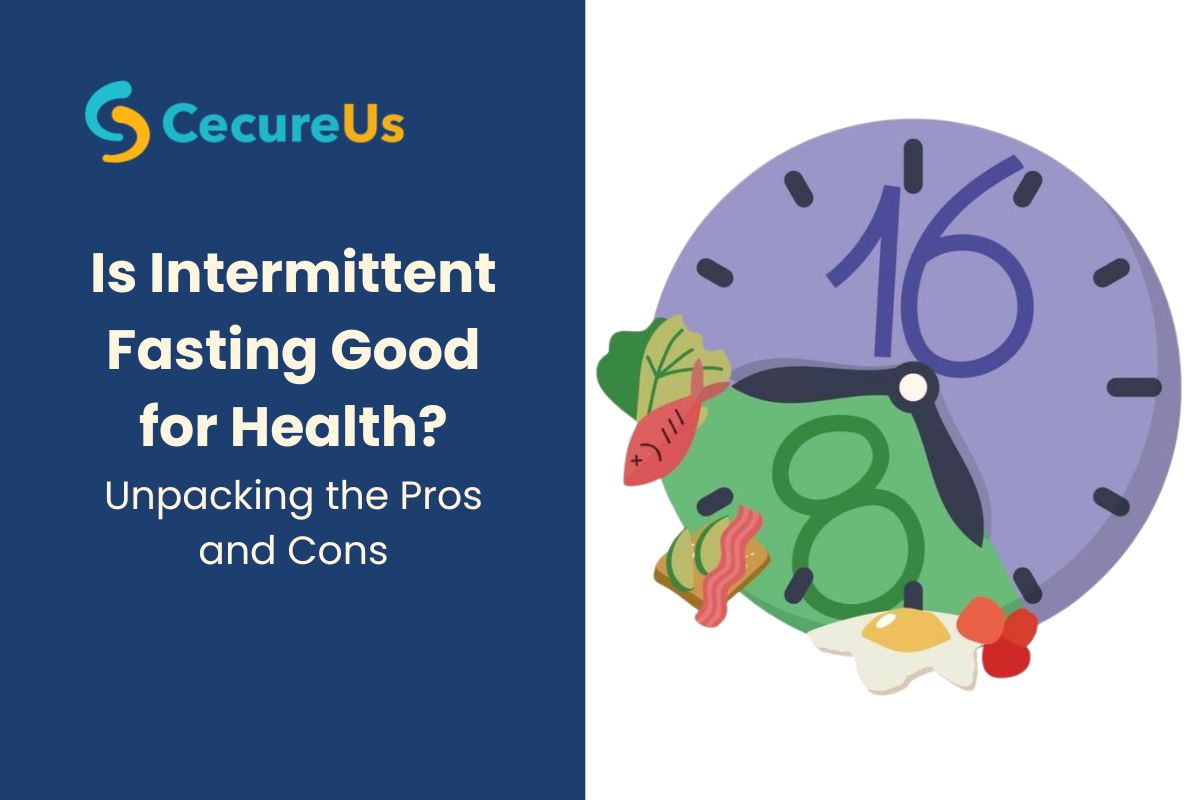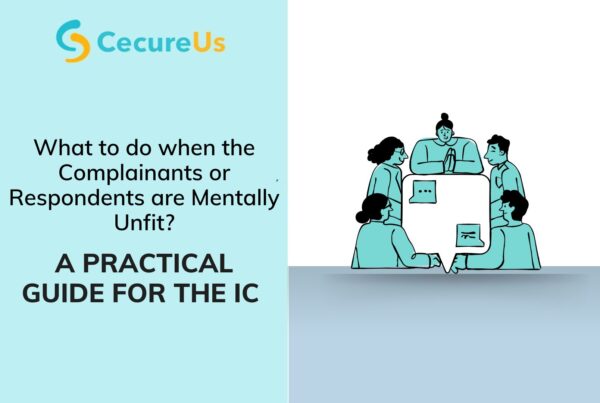
According to NFHS-5 data, 23% of women and 22.1% of men are classified as overweight based on their BMI. According to early findings, 40% of women and 12% of men in the country are abdominally obese.
Intermittent fasting (IF) has gained popularity in recent years, with many promoting its potential benefits for weight loss, metabolic health, and lifespan. But is intermittent fasting truly beneficial to your health, or is it just another dietary trend? In this blog post, we’ll look at the benefits and drawbacks of intermittent fasting so you can make an informed decision about whether it’s right for you.
What is Intermittent Fasting?
Intermittent fasting is an eating pattern that alternates between periods of fasting (no eating) and periods of eating. Several popular IF methods exist, including the 16/8 method (fasting for 16 hours and eating within an 8-hour window), the 5:2 method (eating regularly for five days and drastically reducing calorie intake on two non-consecutive days), and the Eat-Stop-Eat method (24-hour fasts once or twice a week).
What is 16:8 intermittent fasting?
The 16:8 intermittent fasting diet is an example of time-restricted fasting. It entails eating for 8 hours and then fasting for the remaining 16 hours of the day. Some people believe that this procedure works by regulating the body’s circadian rhythm, or internal clock. The majority of people who follow the 16:8 plan avoid eating at night, as well as for a portion of the morning and evening. They often consume their daily calories in the middle of the day.
There are no restrictions on the sorts or quantities of food that a person can consume during the 8 hours. This flexibility makes the strategy very simple to execute.
How to Do It?
The 16:8 diet is most easily followed by selecting a 16-hour fasting window that includes sleep time. Some experts recommend ending your meal in the early evening, as metabolism slows down after this time. However, this is not an option for everyone. It is also recommended to avoid eating for 2-3 hours before bedtime.
You can select one of the following eight-hour eating windows:
- 9 AM – 5 PM
- Hours: 10 AM – 6 PM
- Noon-8 PM
People can eat their meals and snacks when it is convenient for them. Eating regularly helps to reduce blood sugar spikes and troughs, as well as excessive hunger.
Pros of Intermittent Fasting:
- Weight loss One of the key reasons people choose intermittent fasting is the possibility of weight loss. By limiting the time window in which you eat, you can automatically lower your calorie intake, which may result in weight loss or maintenance.
- Improved Metabolic Health: According to some research, intermittent fasting can increase insulin sensitivity, lower blood sugar levels, and reduce the risk of type 2 diabetes. It may also enhance other metabolic health indicators such as cholesterol and blood pressure.
- Heart Health: IF has been associated to better cardiovascular health by lowering risk factors such as high blood pressure and cholesterol. It can help reduce inflammation, which is an important role in heart disease.
- Cellular Repair and Longevity: During fasting, your body may activate mechanisms such as autophagy, which degrades and recycles damaged cells. This cellular repair mechanism is expected to improve longevity.
- Brain Health: There is some research indicating that IF could have cognitive benefits, such as improved brain function and protection against neurodegenerative diseases.
Cons of Intermittent Fasting:
- Individual Differences: Intermittent fasting affects people differently. While some people benefit from this eating pattern, others may have increased appetite, irritation, or difficulties concentrating during fasting times.
- Skipping Breakfast: Many IF strategies require skipping breakfast, which may not be suitable for everyone. Breakfast is generally seen as an essential meal that offers energy and vital nutrients to begin the day.
- Nutritional adequacy: It is critical to ensure that you consume all of the nutrients your body requires within the eating window. Poor planning can result in nutrient deficits.
- Sustainability: Long-term commitment to intermittent fasting might be difficult for some people, so find a strategy that you can stick with over time.
- Eating Disorders: Intermittent fasting may not be appropriate for people who have a history of eating disorders or are at risk of developing one.
Intermittent fasting can be an effective dietary strategy for some people, with possible benefits including weight management, improved metabolic health, and cellular regeneration. However, it is not a one-size-fits-all solution; its applicability is determined by individual tastes, lifestyle, and health goals. Before starting an intermittent fasting regimen, talk with a healthcare physician or certified nutritionist. They can offer personalized advice and assist you in determining whether intermittent fasting is suitable for your unique requirements. Remember that there is no single diet that works for everyone, and the key to optimal health is establishing an eating pattern that matches your body and goals.
Reach out to us at www.eap.cecureus.com /wellness@cecureus.com / 1800 121 9497 to get healthier.
For more blogs and articles, visit our official website. Contact us for workshops and queries related to POSH, EAP (Employee Assistance Program,) and Diversity and Inclusion.




